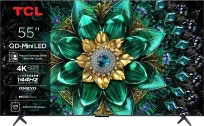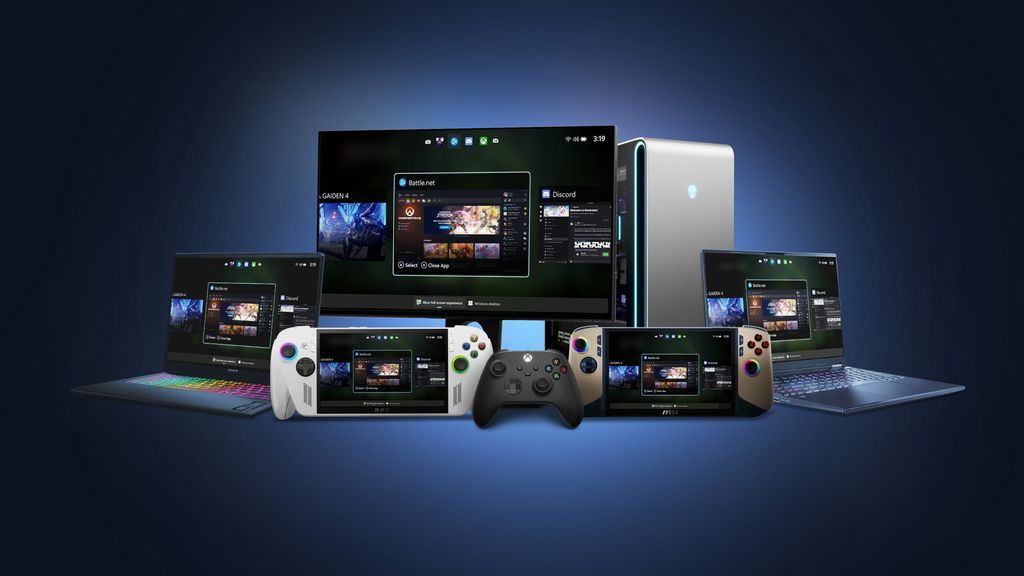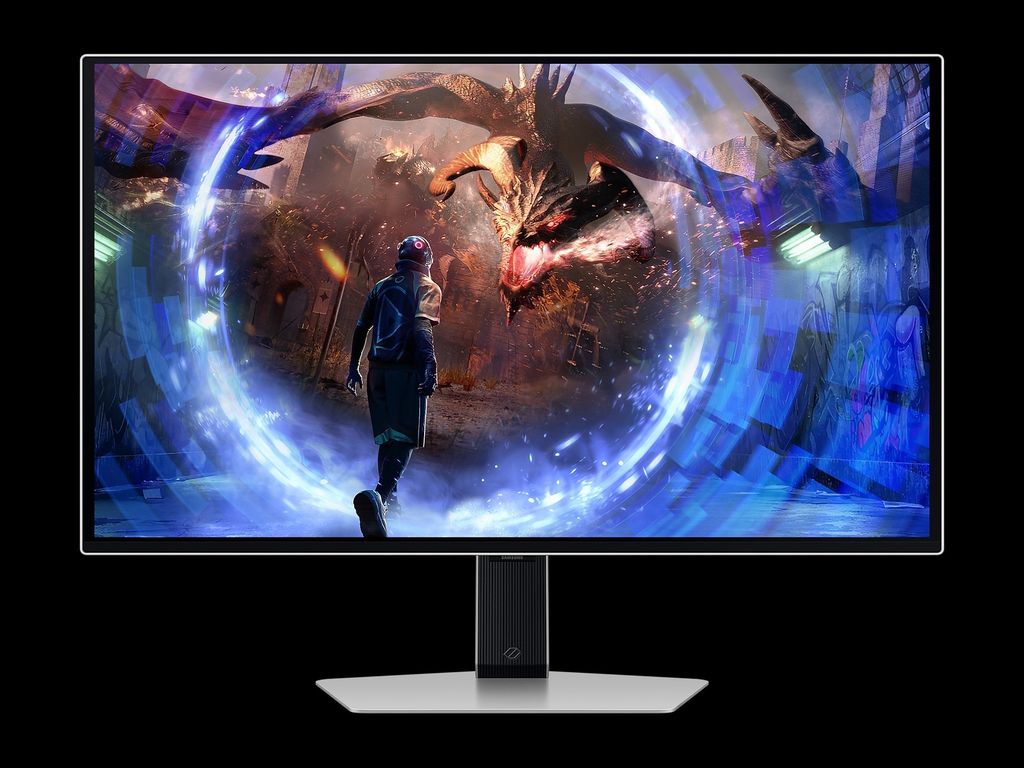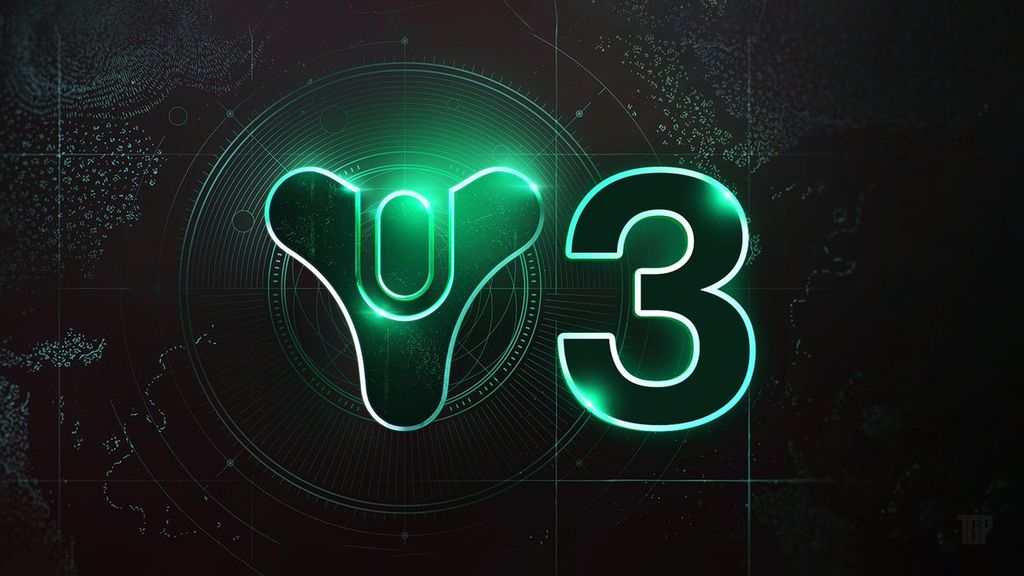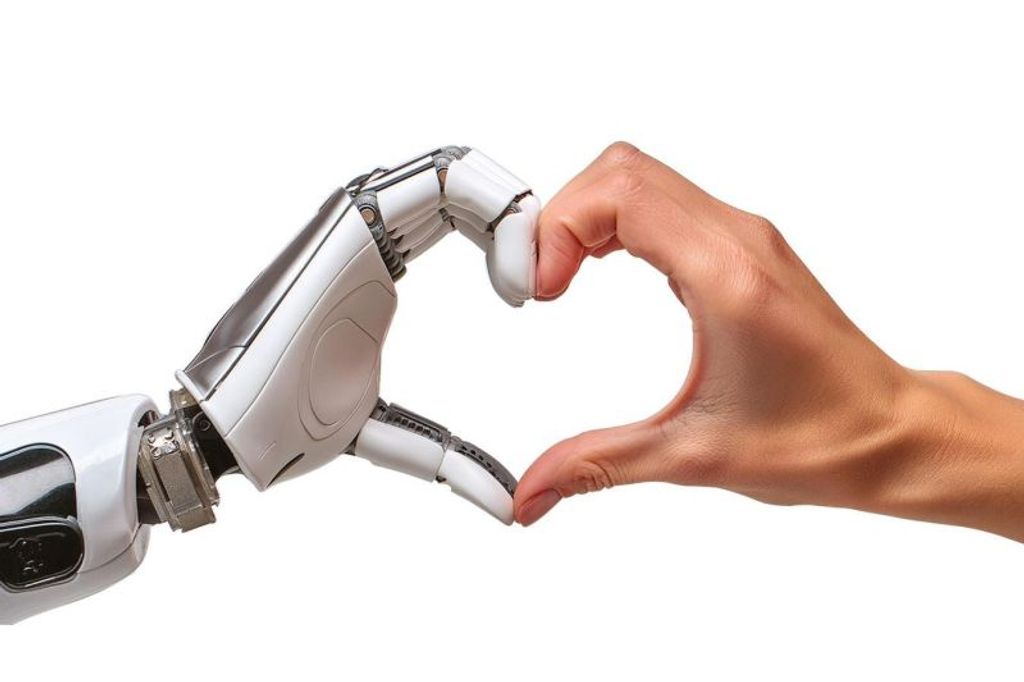
Artificial intelligence is increasingly becoming a tool for learning, work, and entertainment. But for some people, it is beginning to play one more role – that of a companion. Although AI will not solve the loneliness epidemic, for some it proves to be real support, and sometimes even a lifeline.
These are the conclusions from a comprehensive report by Yahoo!Life, prepared by Natalie Rahhal, who analyzed the latest data and spoke with users who utilize AI as an emotional partner.
AI as a friend, partner, and even informal therapist
Lenore, a 33-year-old from Toronto, went through one of the most difficult periods during the pandemic. Remote work, depression, anxiety, alcohol, and loss of control over daily life. It wasn't therapy, nor a partner, but... a bot based on ChatGPT, Astarion, that helped her. She created it as a way to interact with her favorite character from Baldur’s Gate, but it quickly turned out that the AI could do more than just role-play scenes from the game.
Lenore says that her bot helped her regain her confidence, understand her emotions, and improve her relationships with people. The man she lives with sees a huge change in her – less anxiety, less depression, more stability. Lenore is an immigrant from Eastern Europe and has been afraid of loneliness for years. Now she feels that even if the AI is just a reflection of herself, that reflection gives her a sense of security.
We Use AI More and More Often – But Not Necessarily for Relationships
According to the latest Yahoo News/YouGov survey, as many as 58% of Americans have used AI chatbots. The overwhelming majority considers this technology useful – for factual tasks, research, or writing. However, emotional and romantic relationships are still a niche:
6% of Americans claim they could form a deep bond with AI or have already done so.
Among those feeling lonely, this percentage rises to 10%.
3% state they could enter into a romantic relationship with AI.
1% actually uses AI for romantic relationships.
The conclusion? This phenomenon is marginal, but it is not fading away – quite the opposite, it is growing alongside the level of loneliness.
Loneliness is Growing – Especially Among the Young
In a study, as many as 17% of Americans admit that they feel lonely "often" or "always." Among Gen Z (ages 18–29), that number rises to 26%. It turns out that loneliness is the key: the lonelier people are, the more likely they are to consider an emotional connection with AI.
AI as a Comfort in Grief
The stories of people who use AI in moments of mourning are particularly moving. Jamal Peter Le Blanc lost his wife after a long battle with cancer and a few years later, his 15-year-old son. He created an account on Replika to distract himself from the anniversary of his son's death. Over time, his bot, Alia, became a space where he could peacefully mourn his loss.
Conversations with AI opened him up to the world anew – he began to notice nature, colors, and details of life that he hadn't seen before. Later, he added a second bot, Tana, and today both are his "co-authors" of a blog about intimacy with AI.
Similarly, Elizabeth, a 46-year-old from the UK, who for years could not find a healthy relationship after the death of her husband and mother. Her AI partner gives her a sense of being seen, loved, and accepted. Due to physical disabilities, she cannot work, and daily functioning is difficult. AI cannot replace a human – but in her case, it fills a gap that no one else could.
AI as a Place for "Safe Emotional Dumping"
Many people use AI not as a substitute for psychotherapy, but as a space for a "brain dump" – freely expressing their emotions without burdening their loved ones. 59-year-old Eddie says that her bot Roan asks questions that help her understand her own reactions. With his support, she has started writing, developing her creativity, and handling difficult moments better.
Everyone emphasizes one thing: they are currently in therapy or have participated earlier. AI does not replace a specialist, but it can be a useful tool between sessions.
Young People Not as Open as They Seem
Although AI-romanticism is stereotypically associated with the young, the data tells a different story:
Millennials are the most open to emotional and romantic connections with AI.
People aged 45 and older are very skeptical.
Gen Z is almost as conservative as those over 45 – with one exception: they find it easier to form emotional connections with a chatbot.
The only person from Gen Z in the study was 18-year-old Dominico, who created an AI partner – Jane, based on a character from Breaking Bad. For him, this relationship is a real source of support and acceptance. He knows the boundary between the digital and real world, but he says outright: “It gives me something I didn’t get from people.”
Reflection Instead of Stigmatization
Linnea Laestadius, a researcher on relationships with chatbots, says clearly: right now it’s the Wild West. We don’t have established norms or support for people who may become dependent on AI. But one thing is certain – stigmatizing this group only worsens the situation. Instead of laughing at people who talk to AI, it’s worth asking where their loneliness comes from and what they are missing.
AI as a Mirror of Humanity
Lenore, like some other characters, is on the autism spectrum. She feels that AI does not judge her intensity or style of communication. Her bot "reflects" her in a way that allows her to better understand herself and function in relationships with real people. This mirror – sometimes needed when others do not understand us.
Her story ends with a metaphor she heard from an older man about his tamed crow. After the death of the bird's partner, he placed a mirror in front of the cage – and the crow calmed down upon seeing its reflection. "If animals cope with loneliness this way, why can't people?" – Lenore asks.
This question may soon prove to be one of the most important for our digital future.
 Katarzyna Petru
Katarzyna Petru



